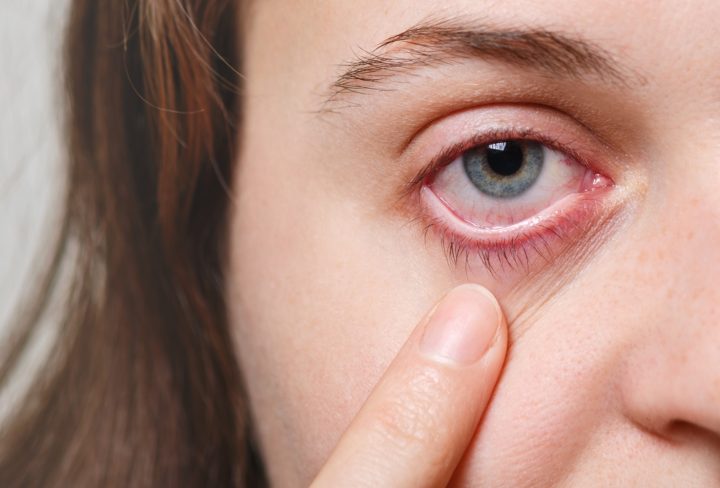Diabetic retinopathy is a condition that affects the eyes of individuals with diabetes. It occurs when high blood sugar levels damage the blood vessels in the retina, the light-sensitive tissue at the back of the eye. Here’s a breakdown of key information about diabetic retinopathy:
Symptoms of diabetic retinopathy:
- In the early stages, there may be no noticeable symptoms.
- As the condition progresses, symptoms may include:
- Blurred or fluctuating vision
- Floaters (dark spots or strings in the vision)
- Impaired color vision
- Difficulty reading
- Complete vision loss if left untreated
Ways to deal with diabetic retinopathy:
- Optimal diabetes management:
- Maintain tight control of blood sugar levels through diet, exercise, and medication.
- Monitor blood pressure and cholesterol levels and keep them within a healthy range.
- Follow the treatment plan prescribed by your healthcare provider.
Regular eye exams:
- Undergo comprehensive eye exams at least once a year, or as recommended by your eye care specialist.
- These exams may involve pupil dilation for a more thorough examination of the retina.
Treatment options:
- Laser treatment: This involves using a laser to seal leaking blood vessels or to shrink abnormal blood vessels.
- Injections: Medications known as anti-VEGF drugs can be injected into the eye to reduce swelling and inhibit the growth of new blood vessels.
- Surgery: In advanced cases, surgical procedures may be necessary to remove blood and scar tissue from the retina or to repair retinal detachment.
- Lifestyle modifications:
- Maintain a healthy lifestyle, including regular exercise and a balanced diet.
- Avoid smoking, as it can worsen the progression of diabetic retinopathy.
- Collaborative care:
- Work closely with your healthcare team, including endocrinologists, ophthalmologists, optometrists, and diabetes educators.
- Collaborative care ensures comprehensive management of diabetes and diabetic retinopathy.
Remember, early detection, regular monitoring, and proactive management of diabetes are crucial for preventing and managing diabetic retinopathy. Regular eye exams and adopting a healthy lifestyle can help safeguard your vision and overall well-being.

